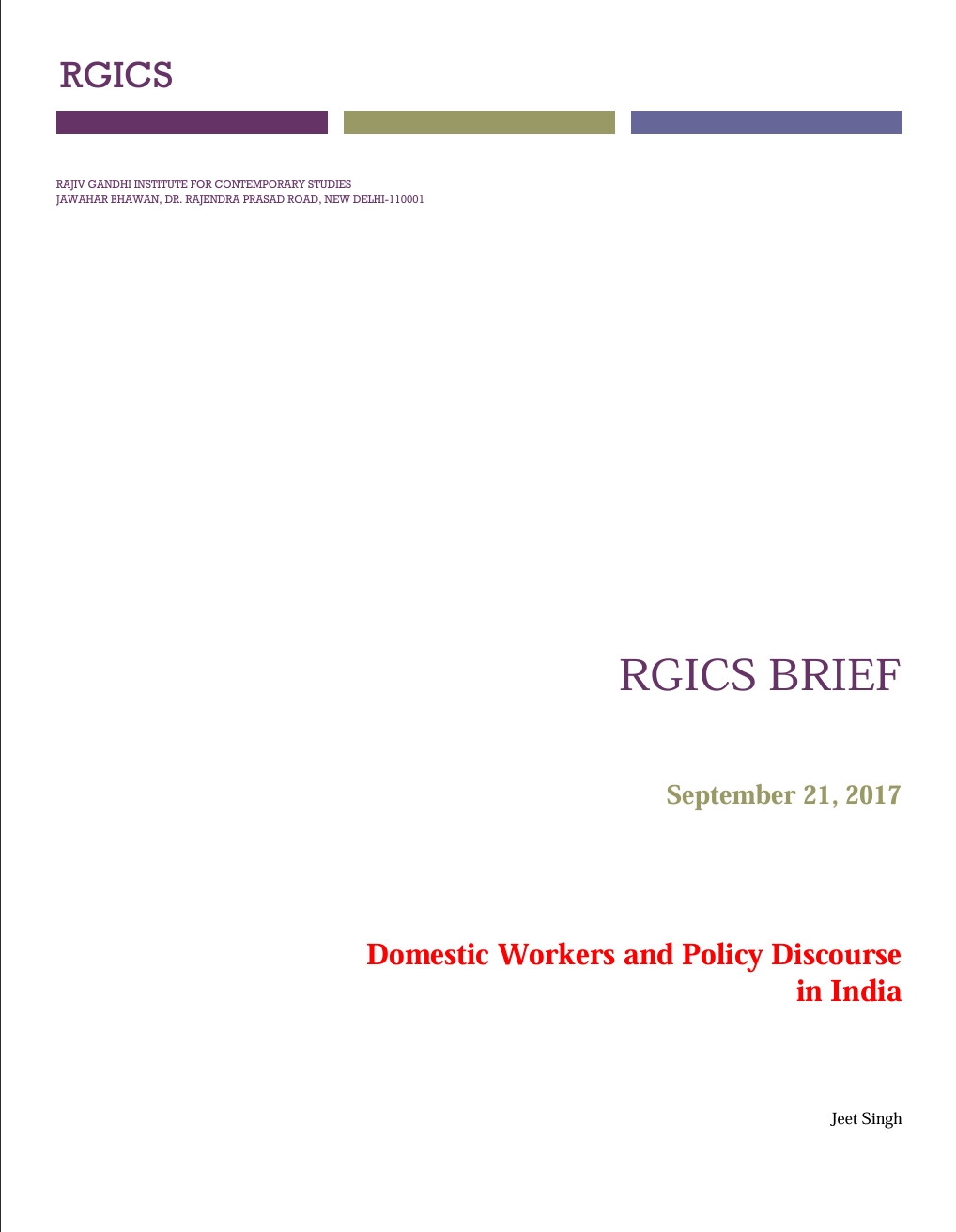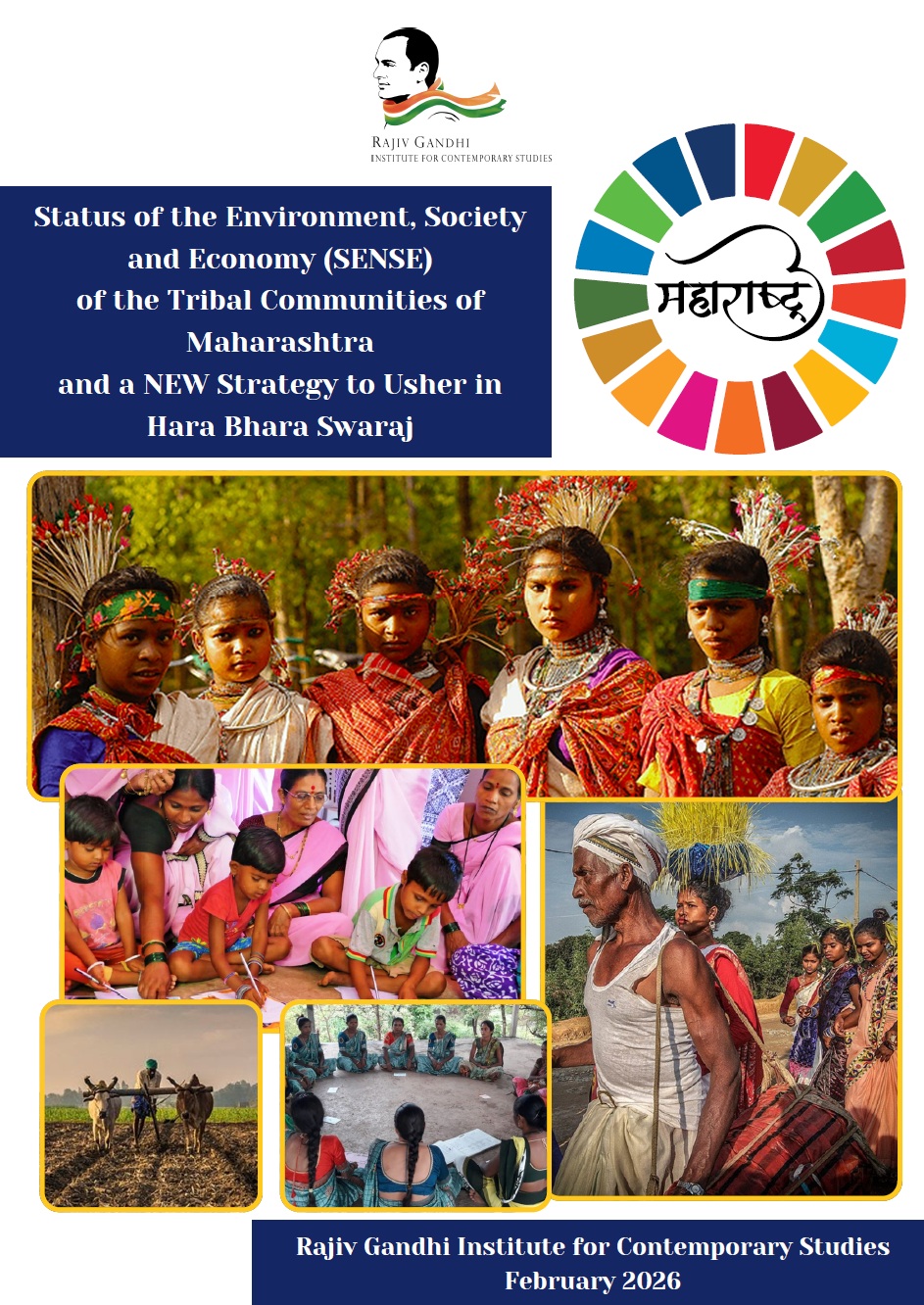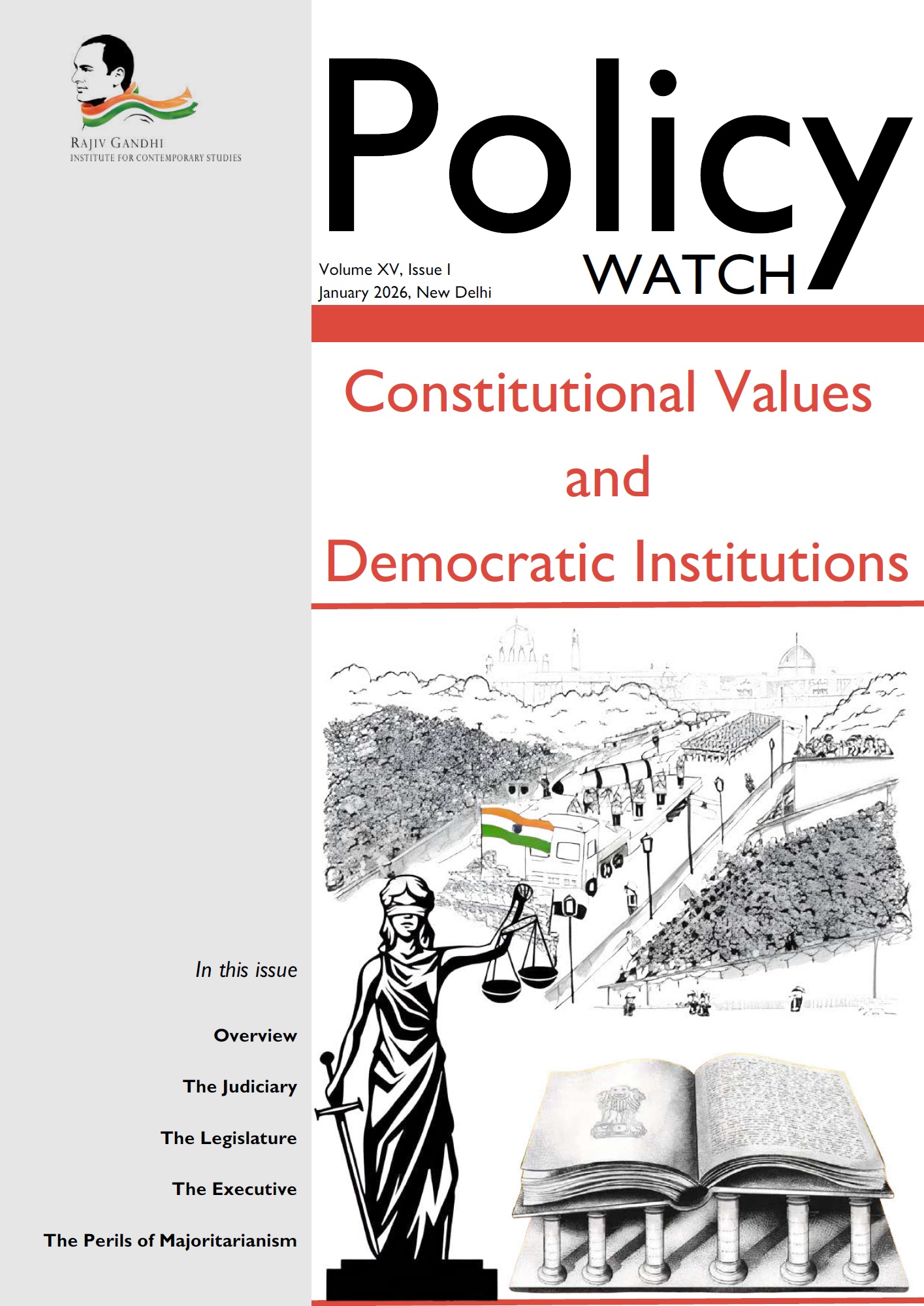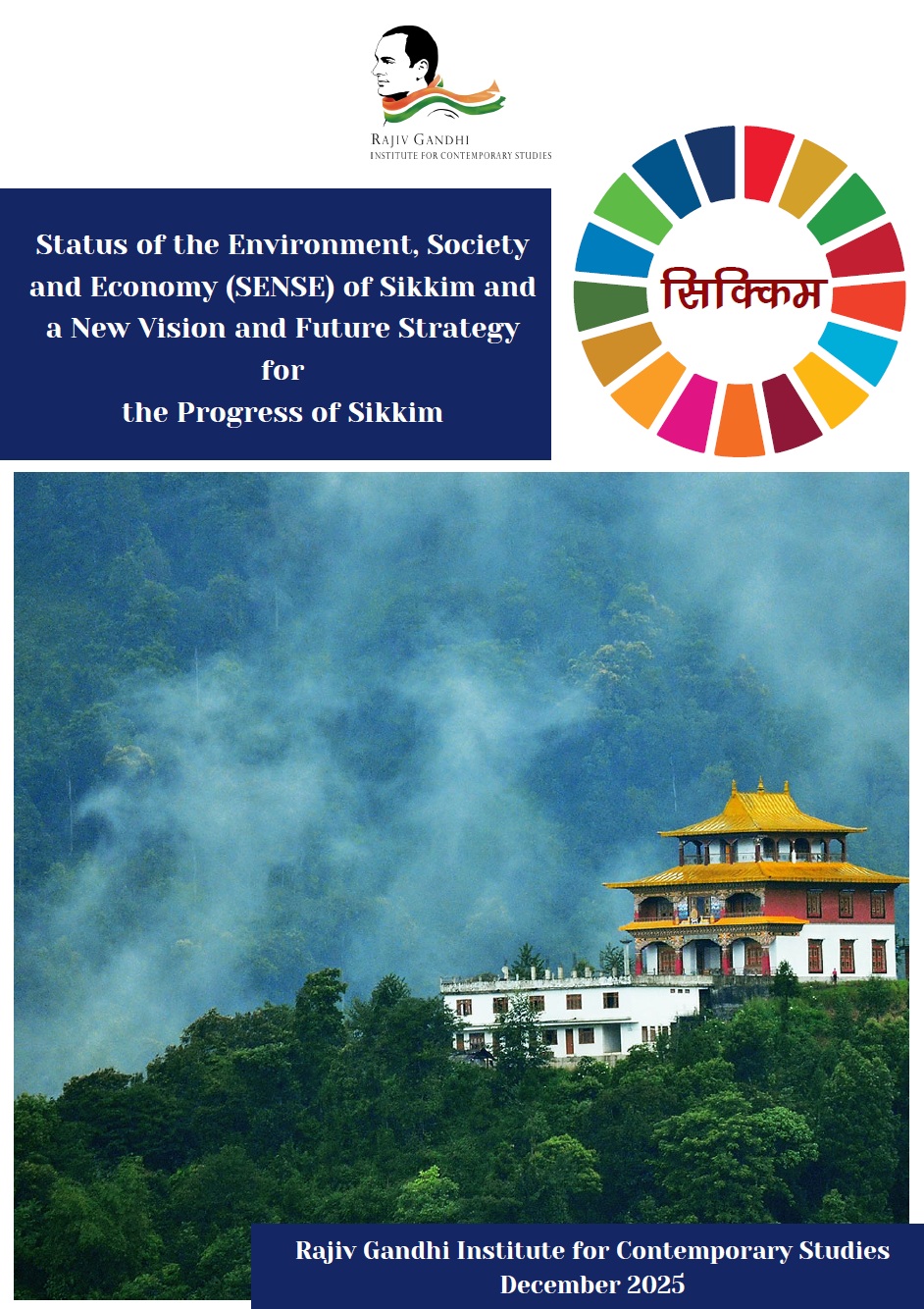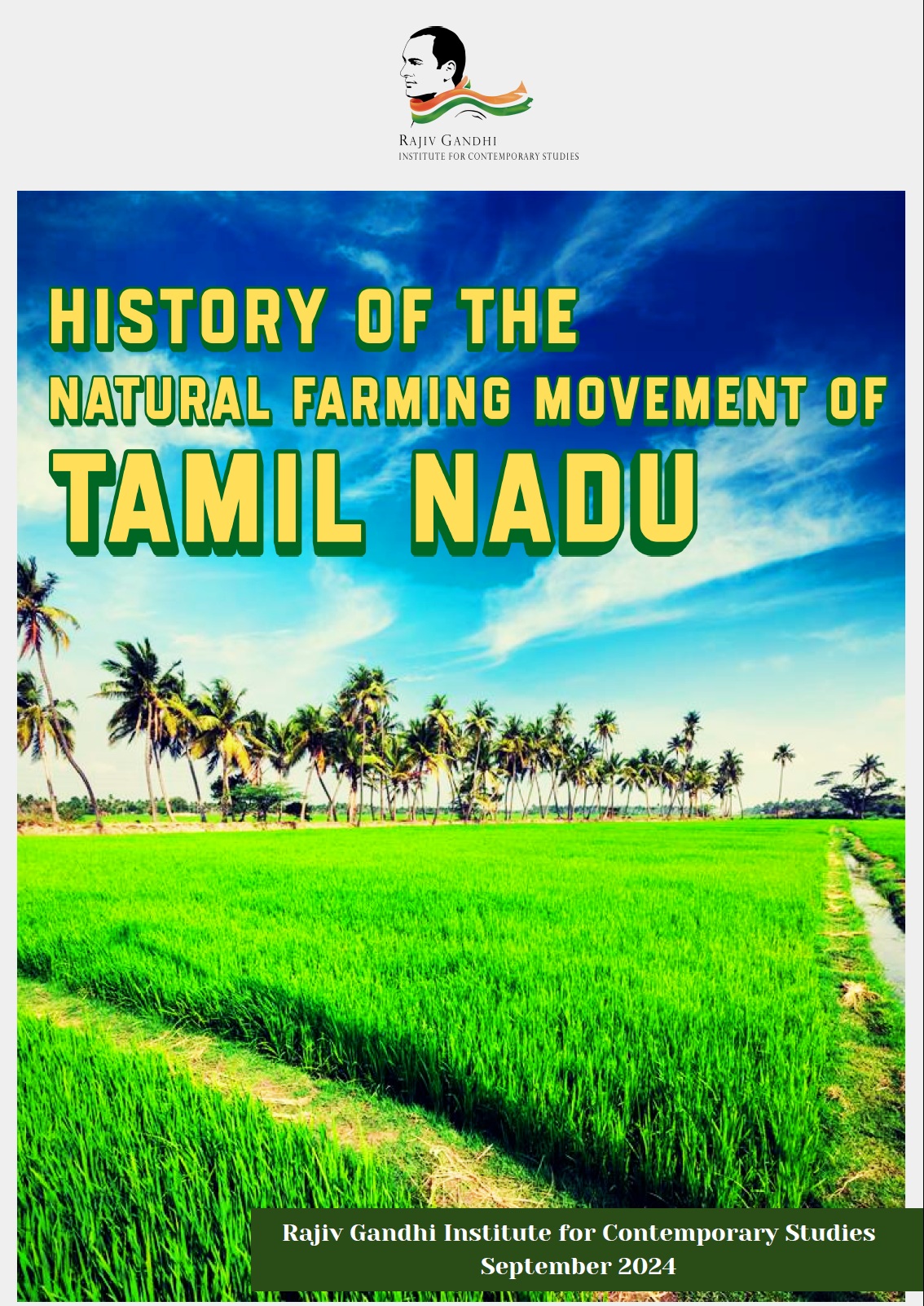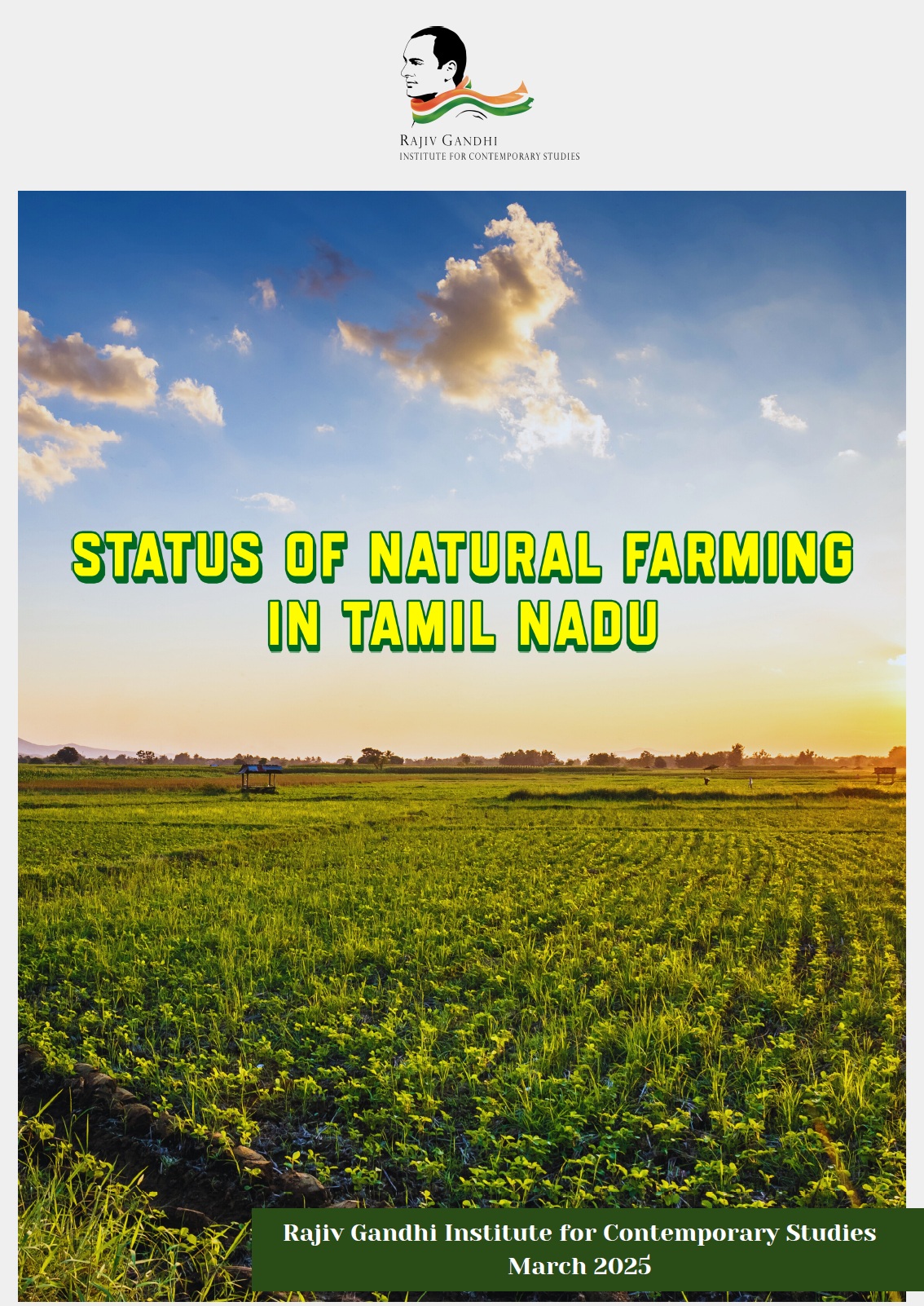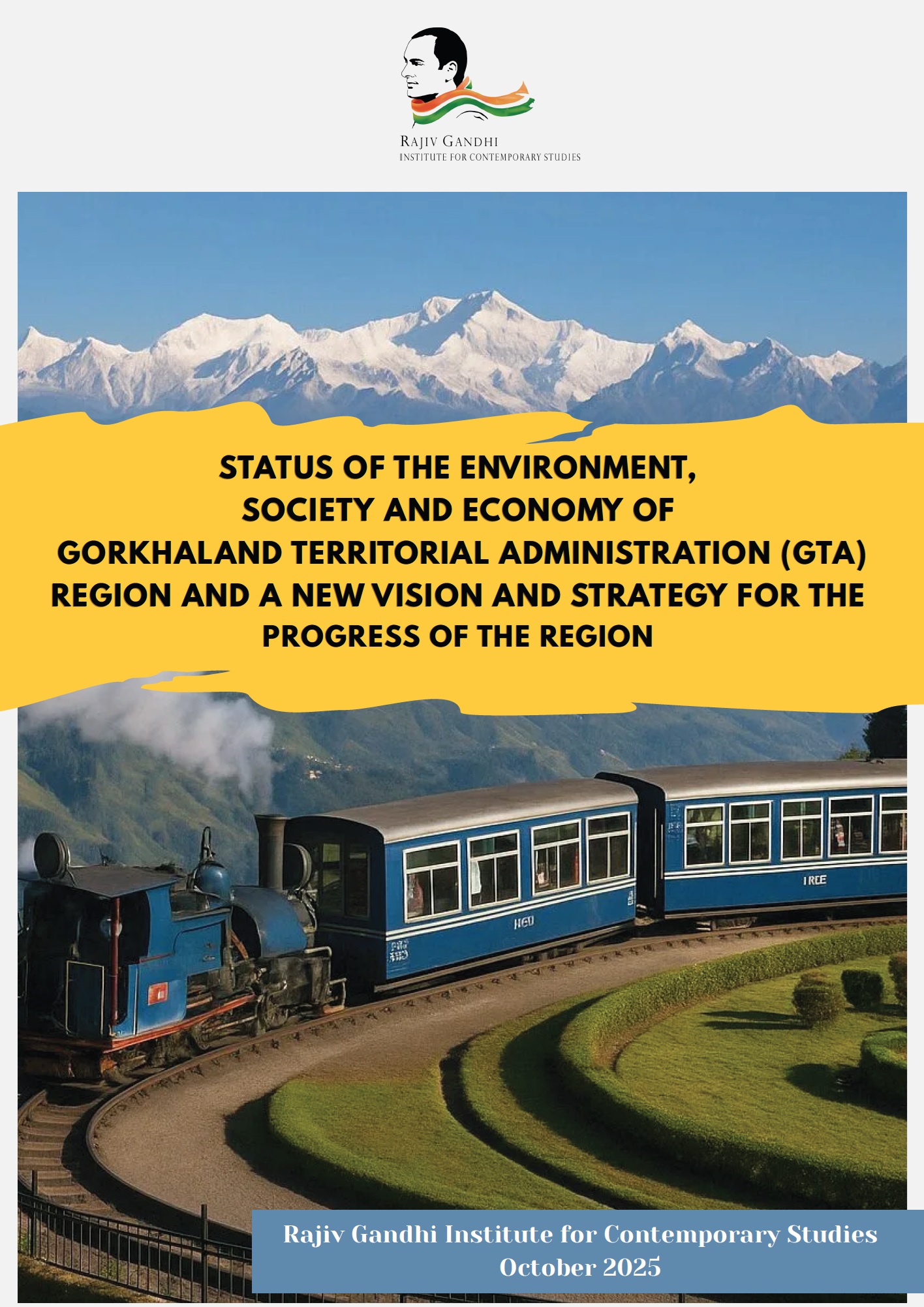Domestic workers in India are among the most exploited and underprotected groups of laborers. Despite their crucial role in households across the country, they lack legal recognition, social security, and basic labor rights. Abuse, exploitation, and poor working conditions are common, especially for women trafficked from rural areas by unregulated placement agencies. Repeated recommendations for reform have been made, but meaningful progress remains elusive.
Domestic workers are the backbone of countless households in India, yet their working conditions are often grim. These workers, mostly poor women from rural areas, take on jobs as housemaids, cooks, caretakers, and cleaners, often working long hours with little or no job security. With no formal contracts and no protection under major labor laws, they are left vulnerable to exploitation and abuse.
Despite their significant contribution to the economy, domestic workers are largely invisible when it comes to labor rights. They face physical, mental, and sexual abuse, and the employers often decide their wages and working conditions with zero accountability. To make things worse, placement agencies routinely lure poor families with promises of good jobs, only to place them in exploitative situations.
While some states like Karnataka, Bihar, and Rajasthan have introduced minimum wages for domestic workers, enforcement is practically nonexistent. Reports from various commissions, including the Second National Labour Commission (2002) and the NCEUS (2007), have urged the government to protect their rights. But those recommendations have mostly gathered dust.
India even signed the ILO Convention 189 back in 2011, which aims to ensure decent working conditions for domestic workers, but the government hasn’t ratified it yet. Without formal recognition as laborers and inclusion under existing labor laws, domestic workers will remain at the mercy of employers.
If India truly wants to address this injustice, it needs to act quickly to ensure fair wages, social security, and dignity for these workers.
Keywords: Domestic Workers, Labour Rights, Exploitation, Minimum Wages, Social Security, Placement Agencies, Human Trafficking, Legal Framework, Unorganized Workers, Policy Recommendations
RGICS BRIEF: Domestic Workers and Policy Discourse in India
Send download link to:

